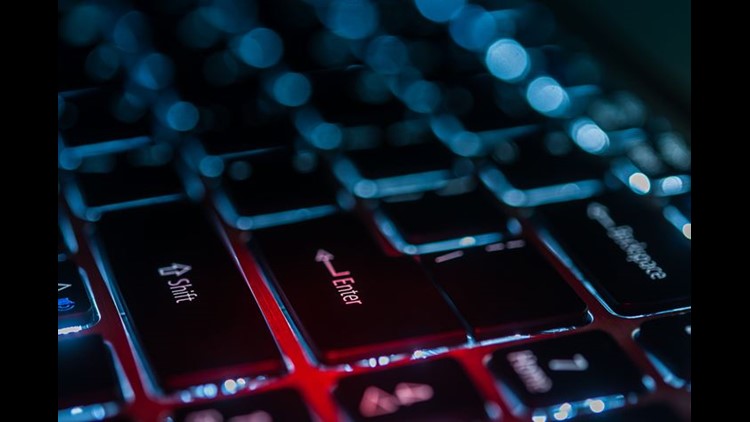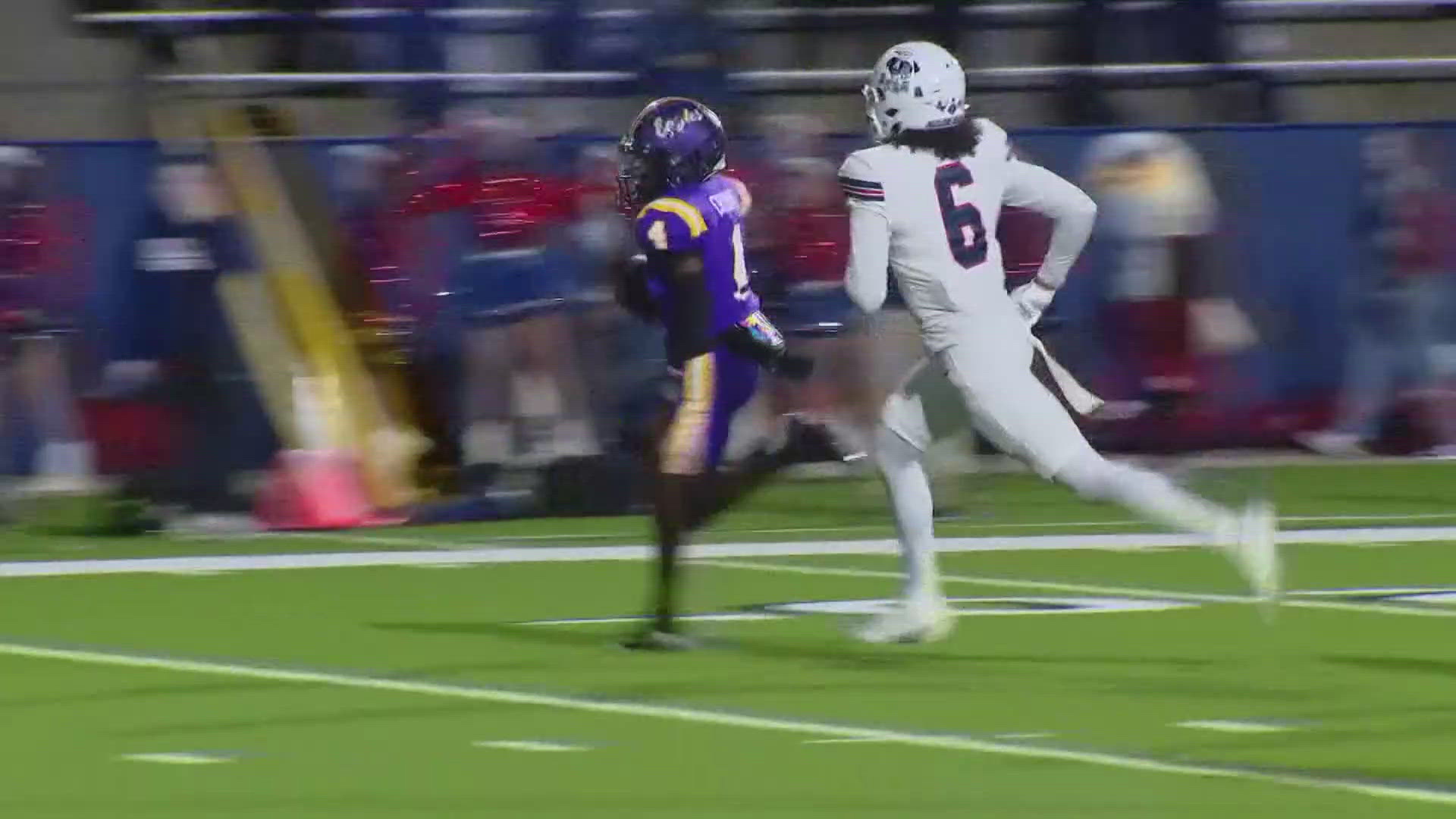The Cockrell Hill Police Department lost video evidence and a cache of digital documents after hackers invaded the department’s computer system last month.
Stephen Barlag, Cockrell Hill's police chief, said the incident was not the work of hackers, but acknowledged that the incident included a computer-generated ransom demand.
"This was not a hacking incident," Barlag said in a news release Wednesday evening. "No files or confidential information was breached or obtained by any outside parties."
The malware, which most likely originated from either Russia or Ukraine, gained access to the department's computer servers after someone clicked on a cloned email made to look like it was sent from a department email address, Barlag said. Messages generated by the computer virus demanded $4,000 worth of internet currency known as Bitcoin as ransom for the return of the files, he said.
After consulting with the FBI's Cyber Division, Barlag said the department decided not to pay the ransom demand, which was made electronically and involved no human interaction with any hackers.
“We were told by the FBI that paying doesn’t always get you your information back,” Barlag said. “They told us that some people whose files are infected pay, and they get their files back, but sometimes it doesn’t work. So we decided it was not worth it to pay, and potentially, not get anything back anyway.”
Barlag said the decision was made to wipe the infected computer severs clean. “Everything that was lost is gone,” the chief said. “Our automatic backup started after the infection, so it just backed up infected files.”
Barlag said of the lost files, “none of this was critical information.”
"Well, that depends on what side of the jail cell you're sitting," said J. Collin Beggs, a Dallas criminal defense lawyer who has a client charged in a Cockrell Hill felony evading case involving some of the lost video evidence.
The lost evidence surfaced publicly Wednesday after Beggs questioned a Cockrell Hill police detective in a hearing convened before Criminal District Court Judge Dominique Collins to compel the department to explain why it had not turned over video evidence in his client's case. Beggs said he had been asking for it since the summer -- well before the hacking incident was discovered on Dec. 12.
Beggs said the loss of video evidence is significant for his client and others charged in Cockrell Hill cases involving police video. "It makes it incredibly difficult if not impossible to confirm what's written in police reports if there's no video," Beggs said. "The playing field is already tilted in their favor enormously and this tilts it even more."
Beggs said he has asked the FBI for proof that the computer virus incident occurred. An FBI spokeswoman Wednesday told News 8 that the bureau does not "confirm or deny the existence of an investigation."
Barlag said that losses include digital videos and documents dating back to 2009. The digital documents lost, he said, are backed up via hard copy. Some of the videos were backed up on CDs, but those that were not are lost.
No police reports, nor any criminal history information, was lost, Barlag said.
The department discovered the computer virus on Dec. 12, Barlag said. Word of the loss of evidence emerged when the department began alerting defense attorneys that video evidence in some of their criminal cases no longer exists.
Barlag said he didn’t know how much of of the digital material lost was evidence in pending criminal cases, but acknowledged that some of it was. He said no cases have been dismissed that he knows of because of the losses. He said Wednesday was the first day that it’s come up in open court.
The Dallas County District Attorney's office did not immediately respond to questions Wednesday.
Originally, the computer virus was thought to be the work of Russian hackers, but Barlag said experts have told him that based on the computer code making up the virus, it more likely originated in Ukraine. “We never got far enough in the ransom process to find out," Barlag said.
Experts say that hackers are known to target places with valuable files, such as hospitals, schools and law enforcement.
Here's the department's news release on the incident.
Cockrell Hill computer virus news release by JasonTrahan on Scribd
Here is the letter the department sent to the Dallas County District Attorney's office alerting them that evidence has been lost.
Cockrell Hill PD Server Virus by JasonTrahan on Scribd



